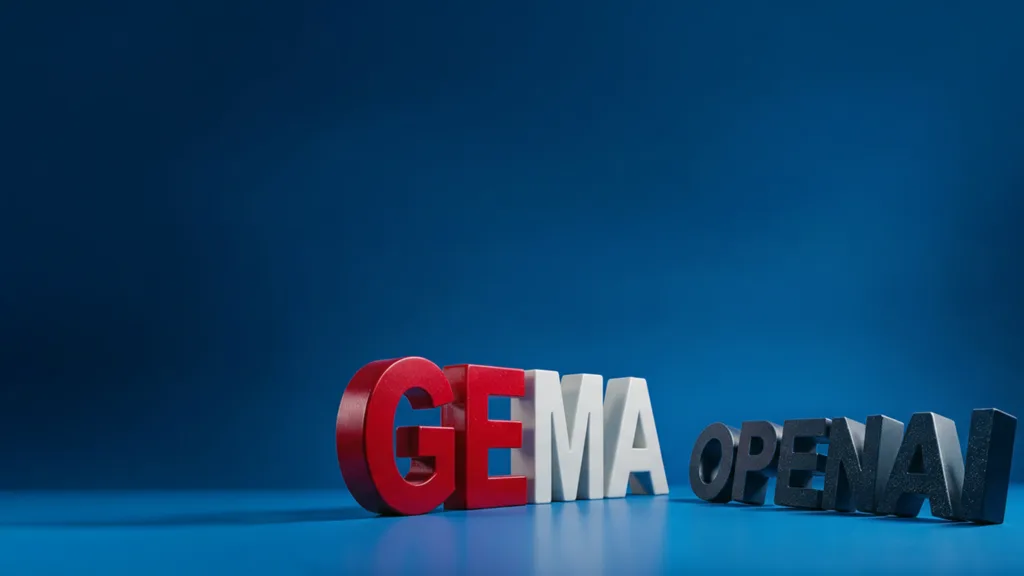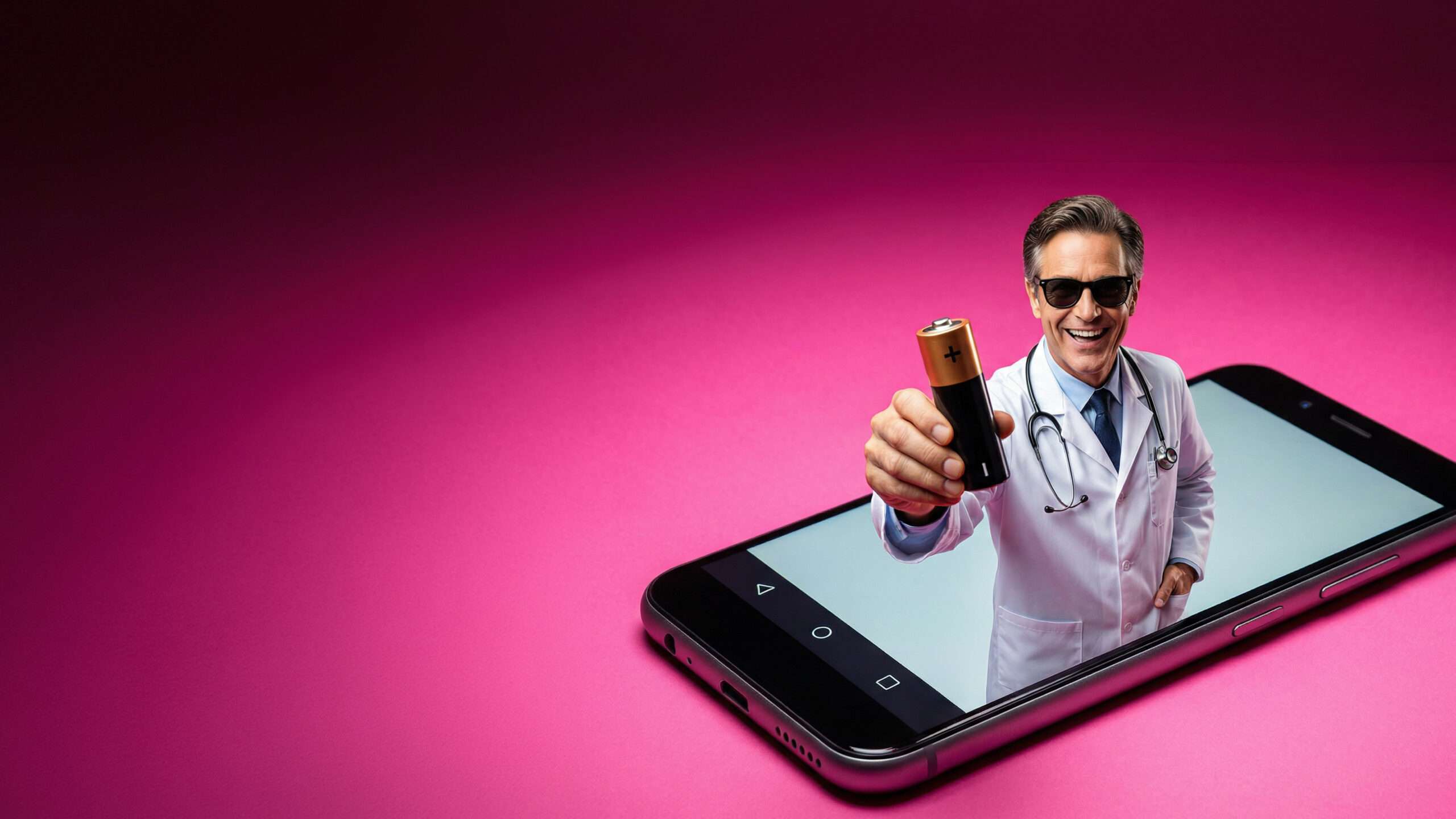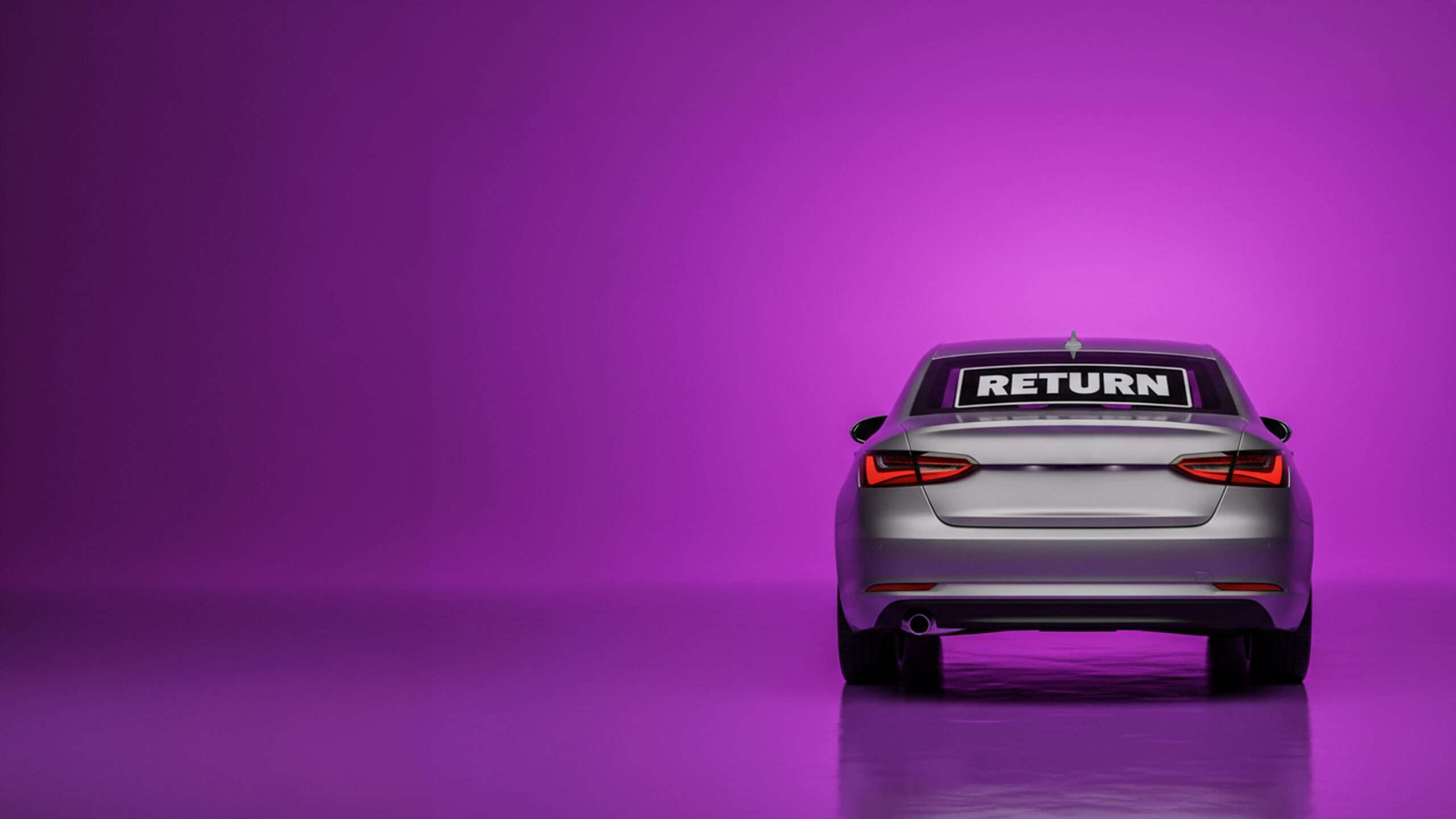
GEMA
wins against
OPENAI.
GEMA
wins against
OPENAI.
from
Can a language model like OpenAI’s “memorize” copyrighted song lyrics? And if so – is that allowed? The Regional Court of Munich I has now answered these questions in a sensational case brought by GEMA against OpenAI – with clear words and far-reaching consequences for the AI industry.
A dispute with symbolic power
The collecting society GEMA had filed a lawsuit against two companies in the OpenAI Group. The point of contention was that the AI models GPT-4 and GPT-4o stored song lyrics by German authors, some of which were output almost word-for-word in response to user requests – including well-known songs such as
- “Breathless” by Kristina Bach
- “How wonderful that you were born” by Rolf Zuckowski.
GEMA saw this as a clear infringement of copyright. OpenAI argued against this: The models would not “store” lyrics, but merely map probabilities for speech patterns. If a user receives a song, the responsibility lies with the user – not the system.
The verdict: Copyright infringement affirmed
The 42nd Civil Chamber of the Regional Court of Munich I followed with Judgment of 11.11.2025 – Ref. 42 O 14139/24 largely accepted GEMA’s argumentation. It essentially upheld the claims for injunctive relief, information and damages.
According to the judges, the training of the models already constitutes a reproduction of the lyrics. The lyrics were “reproducibly contained” in the parameters of the models – i.e. technically fixed and reproducible. They are therefore embodied in copyright and fall under the reproduction right.
The judgment literally states:
The song lyrics in dispute are reproducibly contained in the language models. In view of the complexity and length of the lyrics, chance as the cause of their reproduction can be ruled out.
This memorization – i.e. the retention of entire works in the model – is not covered by the copyright barrier for text and data mining.
Why text and data mining does not help here
The court differentiated precisely:
Text and data mining involves the automated analysis of works in order to extract information from them. This use is permitted as long as no economic interests of the authors are impaired and the works are not permanently reproduced.
In the case of OpenAI, however, this is exactly what happened:
Memorization means that complete works are contained in the model – i.e. permanently reproduced and retrievable. This means that the use is no longer purely analytical, but an independent exploitation relevant under copyright law.
The court strictly rejected an analogous application of the barrier. There was no comparable situation of interest: in real text and data mining, only data is evaluated, whereas in model training, the works themselves are taken over.
The outputs are also problematic
In addition, the court clarified that the output of the lyrics via the chatbot also constitutes a copyright infringement.
OpenAI is responsible for the output – not the users. This is because the content is generated by the language models that OpenAI has trained and operated itself.
This constitutes a communication to the public, which is also not covered by copyright restrictions.
No success for infringement of personality rights
GEMA was only unsuccessful on one point:
The court dismissed claims for incorrect attribution or alteration of song lyrics. The court did not see any infringement of the general right of personality here.
What the ruling means
The ruling is not yet legally binding and the full text is not yet available. However, the decision is already likely to have a signal effect for the entire AI sector.
For the first time, a German court is very clear about generative AI language models.
If language models store copyrighted texts, then this is a reproduction – regardless of whether the data is only recorded “statistically”.
For AI developers, this means
- Training data must be procured in compliance with copyright law.
- The text and data mining barrier does not provide carte blanche for training with copyrighted works.
- Memorization of protected works can lead to liability for damages.
- The provider, not the user, is also liable for the output.
For authors and collecting societies , the decision strengthens their negotiating power vis-à-vis AI providers.
Conclusion
Munich Regional Court I draws a clear line.
AI may learn, but not copy.
Training with copyright-protected content without the consent of the rights holder does not constitute permissible data analysis, but rather copyright reproduction.
The court’s reasoning can be applied to all copyright-protected content, not just song lyrics.
It remains to be seen whether the decision will stand. If so, OpenAI & Co. are likely to face considerable difficulties.
In addition, this is likely to reignite the discussion about AI training subject to remuneration or authors’ participation in the revenues of AI providers.
We are happy to
advise you about
Copyright!







